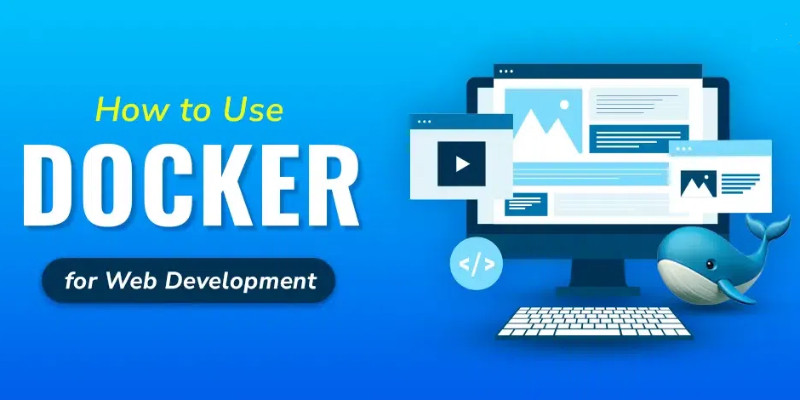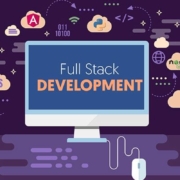How to Use Docker in Web Development
Modern Web Development Needs Modern Tools
In today’s fast-paced development landscape, consistency, speed, and efficiency are critical for delivering top-notch web applications. One tool that’s been making waves for all the right reasons is Docker. This lightweight containerization platform is transforming how developers build, test, and deploy their applications.
For those starting out or aiming to level up, enrolling in a Web development course in Chennai that includes Docker can set the foundation for working in real-world development environments. So, what is Docker, and how does it fit into web development? Let’s explore this tool in a way that’s easy to understand and practically useful.
What Exactly Is Docker?
Docker is a platform that allows developers to package applications and their environments into containers. These containers are like isolated mini-environments where your app can run regardless of the operating system, local settings, or machine it’s running on.
Why does this matter? Because developers often face the frustrating “it works on my machine” issue. Docker eliminates these inconsistencies by ensuring the application runs the same way everywhere—from development to production.
It’s no surprise that Docker is now a core skill for many full stack and DevOps roles. It’s also one of the key components taught in professional-level training, including specialized modules in a Web Designing course in Chennai, especially when understanding front-end deployment and performance optimization.
Why Docker Matters in Web Development
When you’re building web applications—especially full stack ones—there are many moving parts. You may be using a front-end framework like React, a backend environment like Node.js or Django, and a database like MySQL or MongoDB. Keeping all these tools in sync across different team members’ machines can get tricky.
Here’s where Docker becomes a game-changer:
- Consistency: Everyone on the team uses the same environment.
- Faster Setup: New developers can get up and running with a project quickly.
- Cleaner Workflow: It separates your application from your local machine, preventing system clutter.
- Easier Testing and Deployment: You can test your application in a production-like setting before pushing it live.
Once you understand how to integrate Docker into your daily workflow, the overall development process becomes smoother and more collaborative. Many students who join a full stack developer course in Chennai are often introduced to Docker early, given its impact on team-based projects and job-ready skills.
Common Docker Use Cases in Web Development
You don’t have to be a DevOps engineer to use Docker effectively. Even beginner-level developers can benefit from it in many scenarios:
- Running multiple apps together: For example, running your database and web app side-by-side in isolated environments.
- Testing without affecting your system: Experiment with new tools without breaking your local setup.
- Deploying apps across machines or teams: Ship your app and its environment together—no surprises.
- Managing dependencies easily: Never worry about incompatible versions again.
By integrating Docker into your routine, you take control of your development process, leading to fewer bugs and more stable applications. That’s why many learners at a reputed Training Institute in Chennai focus not just on writing code but also on how to deploy and manage their projects in real-life scenarios using Docker.
What You Can Achieve With Docker
The possibilities are extensive. Developers use Docker to manage backend services, launch databases in seconds, host frontend builds, and even simulate production environments for testing.
One of Docker’s strengths is that it promotes a microservices approach. Instead of building one large, complicated application, you can split your project into smaller services. This makes development, debugging, and scaling much easier.
Best Practices for Using Docker
Learning Docker isn’t just about using commands. It’s also about understanding how to keep your project clean and maintainable. Here are a few best practices developers follow:
- Keep your containers minimal and focused.
- Use separate containers for each part of your application (like database, backend, and frontend).
- Clean up unused containers and resources to save space.
- Work with teams using standardized configurations for smoother collaboration.
Why Docker Should Be in Your Developer Toolkit
Docker is more than just a trend it’s an essential tool for web developers who want to build reliable, efficient, and scalable applications. Whether you’re creating simple websites or large-scale platforms, Docker can simplify your workflow, reduce errors, and make deployment a breeze. For those looking to master these skills, enrolling in a course at FITA Academy can provide expert guidance and hands-on experience.







Leave a Reply
Want to join the discussion?Feel free to contribute!